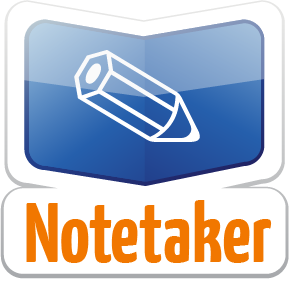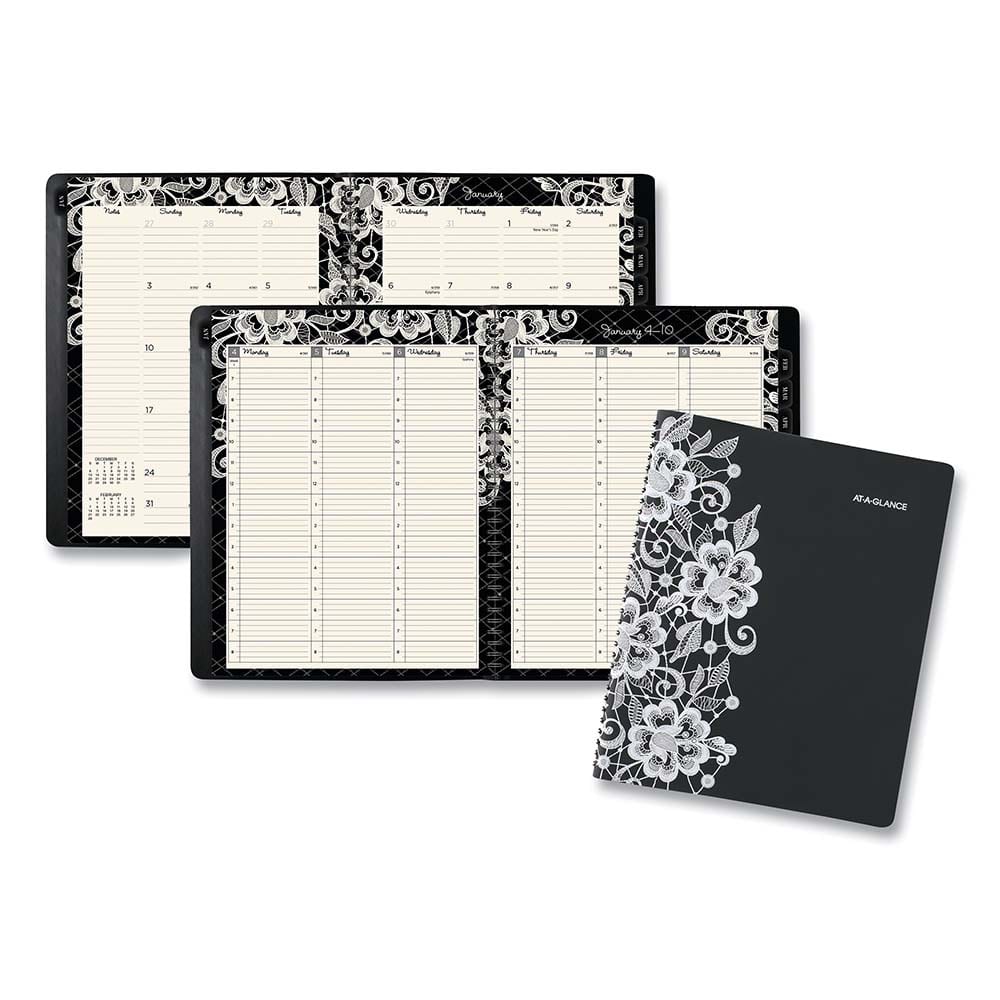

Video and audio records allow interviewers to protect themselves against allegations about what was said in an interview. You can maintain eye contact with your source, thus making the interview feel more like a conversation. Recording is invaluable when conducting technical interviews, helping you to note jargon more accurately. Using a recording allows you more time to jot down notes on non-verbal communication. Recording allows you to get everything your interviewee says, word-for-word. Other benefits of recording include: Pros In a few short minutes, you have a word-for-word account of what is said. After the interview, the recording is easily converted from audio to text using automatic transcription. Many journalists and researchers swear by using a digital recorder, or their smartphone, to capture interviews. Whilst note-taking may be the time-honoured way to interview, it certainly isn’t the easiest. Note-taking is way more difficult if you have multiple speakers, because you also have to make a note of who said what. Notes will have to be typed up later, costing you time. Getting word-for-word accurate quotes is nearly impossible with just a pen and paper. It’s hard to jot down everything a source says, especially if they are a fast talker. You can easily jot down additional questions that might arise during the interview.īut note-taking has its downsides too: Cons Something a digital recorder cannot pick up. You are more likely to record the non-verbal aspects of an interview, like facial expressions and body language. You don’t have to worry about a dead battery. Less obtrusive than using a digital recorder and may help put a source more at ease. Notebooks and pens are cheap and easy to transport. Note-taking remains the only way some individuals will interview for these reasons: Pros Whether you are a journalist, a researcher, or a student, it’s unlikely you would sit down to conduct an interview without some way to manually jot down details. So what are the pros and cons of both recording and note-taking and which one is right for you? Note-TakingĪ notebook and a pen or pencil have long been the go-to tools for any interviewer. So the long answer, which is better seems to depend on the individual, the situation, and the type of writing you are doing. Jean Carroll, Advice columnist for 'Elle' ‘I record everything and I take notes as well.’ - Nancy Jo Sales, Magazine journalist and author of 'The Bling Ring' ‘I record whenever it’s possible.’ - Elizabeth Spiers, Founder of 'The Insurrection'

At a glance notetaker how to#
I never owned one and do not even know how to operate one.’ - Gay Talese, Literary journalist and author of several books including 'The Kingdom and the Power' The development of this science complex will create an international hub for research, education and innovation in which Lund University plays a central role.When conducting an interview which is better: using a digital voice recorder or taking notes the old-fashioned way with a pen and paper.Ī recent article by the Columbia Journalism Review showed some interesting results on what top journalists and writers prefer: These facilities together with the new Lund University campus in Science Village will constitute a highly visible, world-leading center for research in materials and life sciences, cultural heritage and environmental science. Two of the world’s foremost research facilities for materials research and life sciences are established in Lund – the synchrotron radiation facility MAX IV and the European Spallation Source (ESS), the world’s most powerful neutron source, which will be fully operational by the end of 2027. We provide education and research within the following areas: Lund University has an annual turnover of EUR 900 million, two thirds of which is spent on research in our nine faculties and one third on education. The University has a strong international profile, with partner universities in some 75 countries. The unique disciplinary range encourages boundary-crossing collaborations both within academia and with society at large, creating excellent conditions for scientific breakthroughs and innovations. The University offers one of the broadest ranges of programmes and courses in Scandinavia, based on cross-disciplinary and cutting-edge research. Lund is one of the most popular places to study in Sweden. A two-minute video about Lund University that gives an overview of basic facts and unique features.


 0 kommentar(er)
0 kommentar(er)
